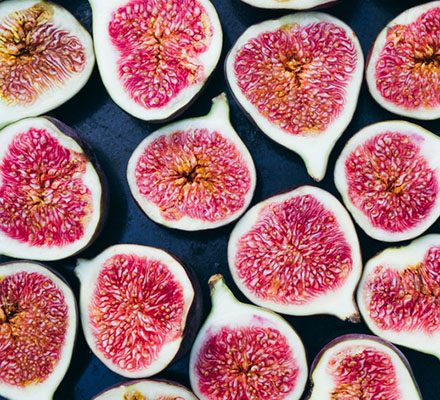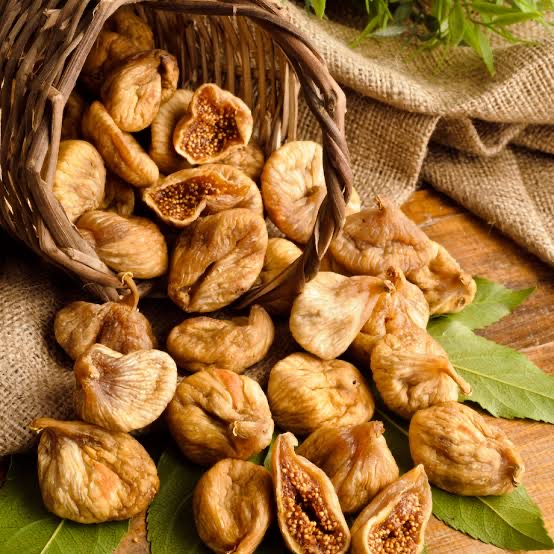Figs, with their sweet, honey-like flavor and chewy texture, are not only delicious but also offer a plethora of health benefits. These pear-shaped fruits are rich in essential nutrients and have been enjoyed for centuries for their culinary versatility and medicinal properties.
Nutritional Profile:
Figs are packed with essential nutrients, including:
– Fiber: Figs are an excellent source of dietary fiber, both soluble and insoluble. Which aids in digestion, promotes gut health, and helps regulate blood sugar levels.
– Vitamins and Minerals: Figs contain vitamins such as vitamin K, vitamin B6, and minerals like potassium. Calcium, magnesium, and manganese, all of which play crucial roles in various bodily functions.
– Antioxidants: Figs are rich in antioxidants, including phenolic compounds and flavonoids. Which help protect cells from damage caused by free radicals and reduce the risk of chronic diseases.
Health Benefits:
Consuming figs regularly can offer several health benefits, including:

Creator: Anna Elias Source: getty image
– Digestive Health: The high fiber content in figs promotes regular bowel movements, prevents constipation, and supports a healthy digestive system.
– Heart Health: Figs contain potassium, a mineral that helps regulate blood pressure and heart function, thereby reducing the risk of cardiovascular diseases.
– Bone Health: Figs are a good source of calcium and magnesium, which are essential for maintaining strong and healthy bones.
– Blood Sugar Control: The soluble fiber in figs slows down the absorption of sugar in the bloodstream, helping to stabilize blood sugar levels and reduce the risk of diabetes.
– Weight Management: Despite being naturally sweet, figs have a moderate glycemic index and can be a satisfying snack option for those watching their weight. The fiber content also helps promote feelings of fullness and satiety.
Figs are incredibly versatile and can be enjoyed in various ways:
– Fresh: Enjoy ripe figs on their own as a healthy snack or add them to salads, yogurt, or oatmeal for a touch of sweetness.
– Dried: Dried figs are a convenient and portable snack and can be used in baking. Cooking, or as a topping for cereals and desserts.

– Preserved: Figs can be preserved in syrup or honey, enhancing their sweetness and extending their shelf life.
Precautions:
While figs offer numerous health benefits. They are also relatively high in natural sugars and calories. Therefore, individuals with diabetes or those watching their calorie intake should consume them in moderation.
Figs are not only delicious but also nutritious, offering a wide array of health benefits. Whether enjoyed fresh, dried, or preserved, incorporating figs into your diet can contribute to overall health and well-being.